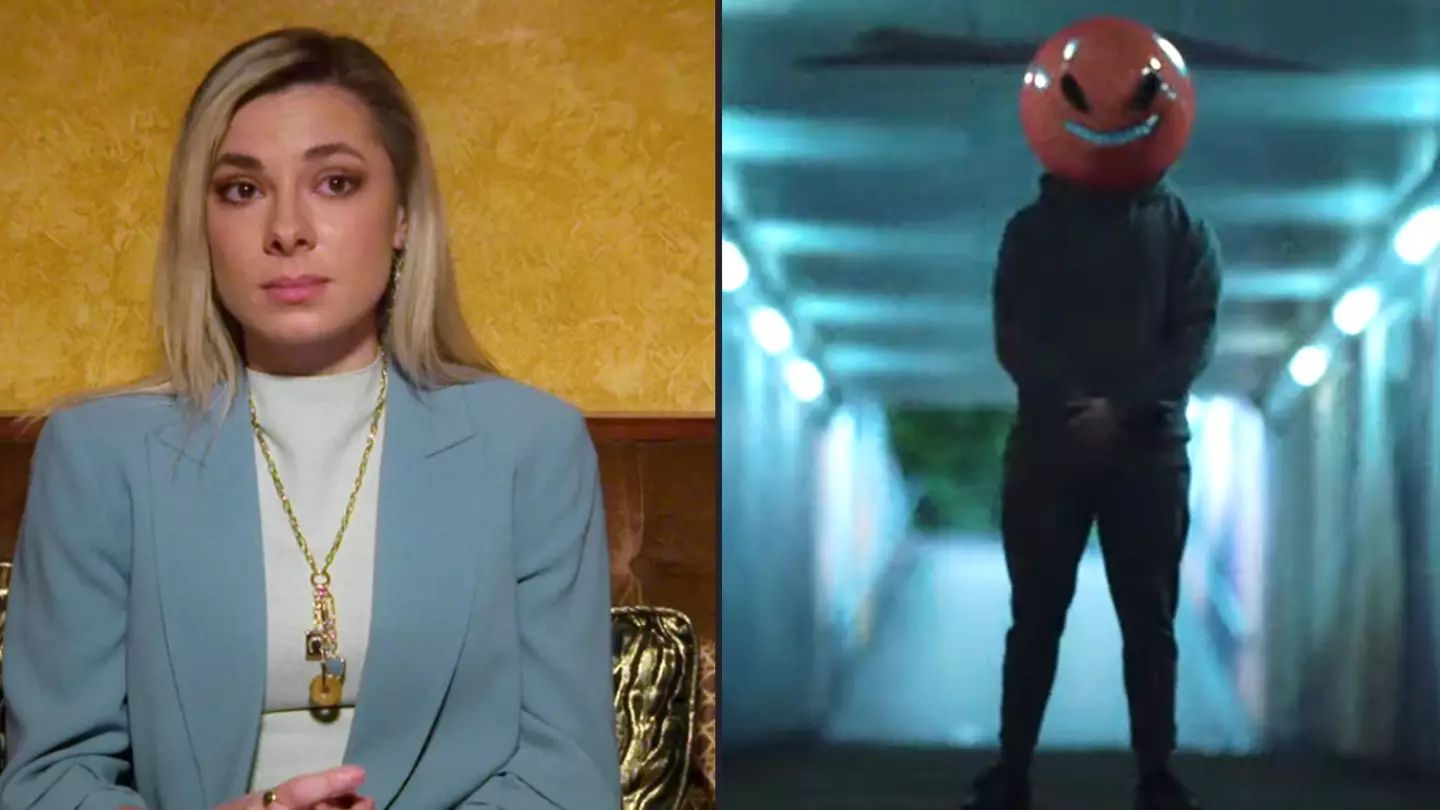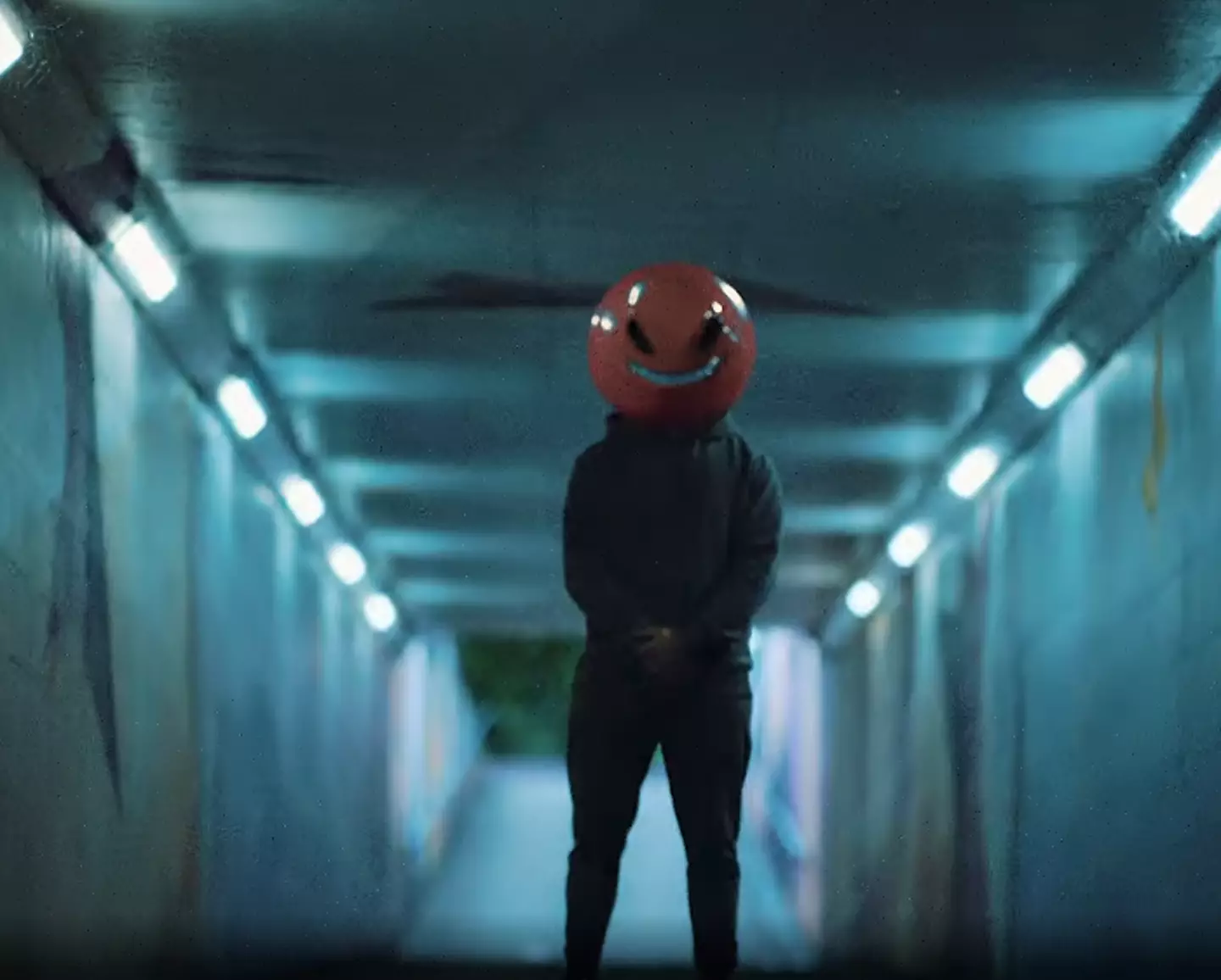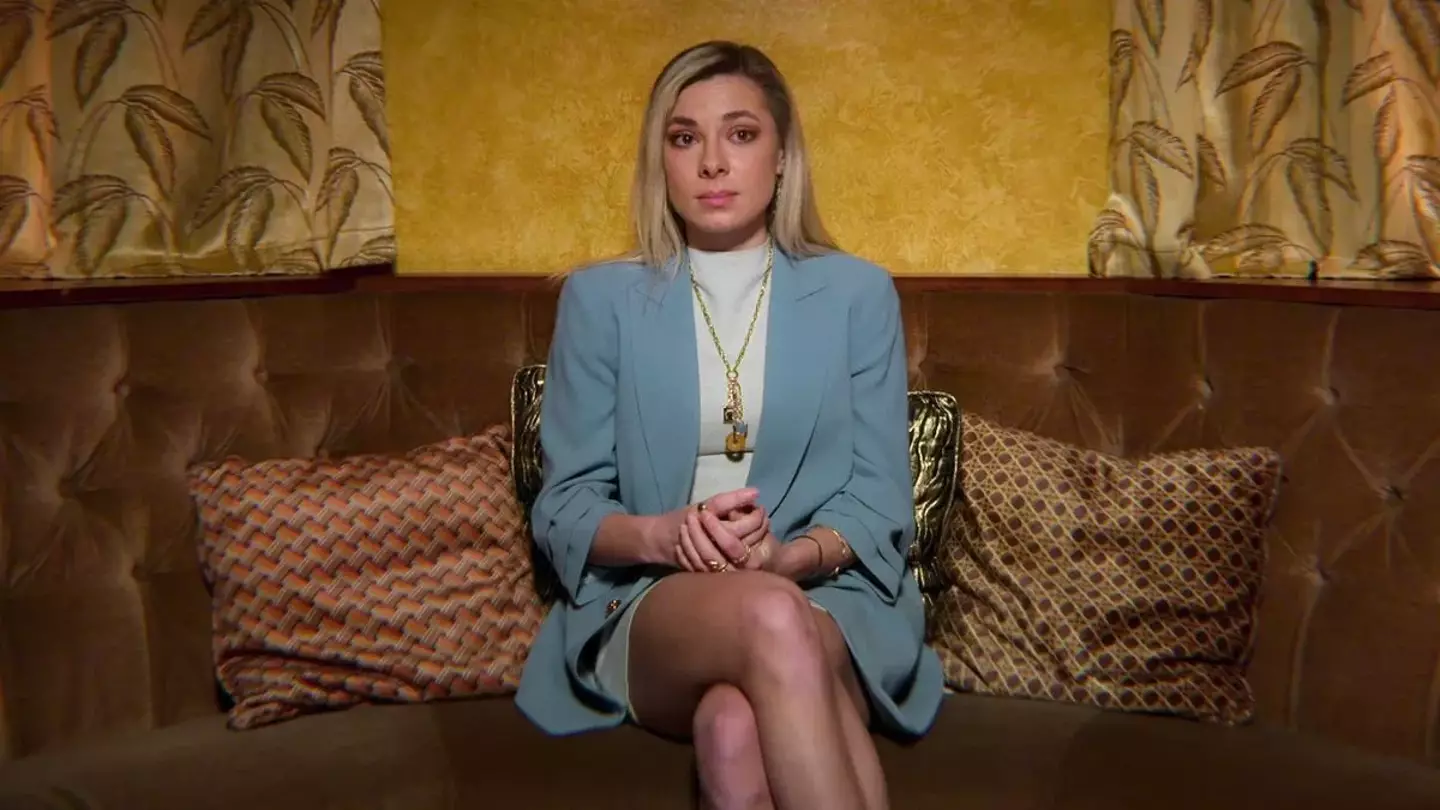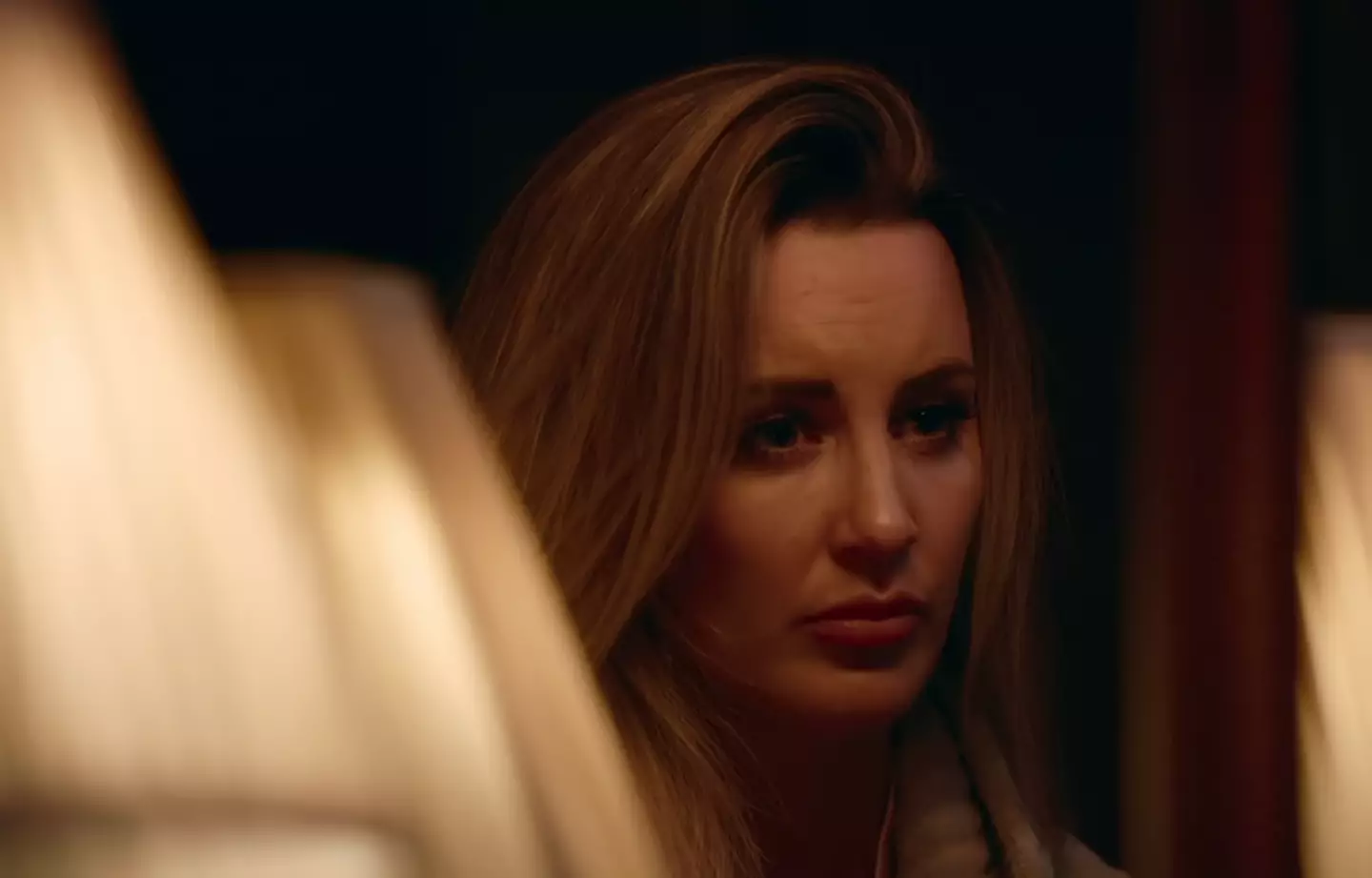
Another day, another true crime documentary that has taken the UK by storm over on Netflix.
And fans are loving the show so much that it's been the number one watched TV programme on the streaming platform every day since its release.
But while it's taken audiences by storm, viewers have questioned one artistic choice taken by the team behind the show.
The two-part documentary in question is Can I Tell You A Secret? which was released on Netflix on Wednesday, 21 February.
Advert
Every day since then it's been top of the UK Netflix charts after bumping One Day in to second place - sorry Dex and Em.
You can watch the trailer here:
The documentary tells the real life story of Zoe Jade Hallam, Lia Marie Hambly and Abby Furness, who were all targeted by the UK's most notorious cyberstalker.
All three women were approached by cyberstalker Matthew Hardy, from Northwich in Cheshire, who used innocent conversation starts to open dialogue with them.
Once gaining their trusty, Hardy used vile tactics to disrupt their lives. He even went as far as creating burner profiles on social media to share private details about the women and then post lies about them on top of that.
Hardy was eventually brought down when the three women teamed up along with police constable Kevin Anderson.
He was give nine years in prison in what was the longest custodial prison sentence in British history for online stalking.
All in all, he had targeted at least 62 victims over a time period spanning 11 years.
The documentary has gone down a storm with critics, with the Guardian giving it a 4/5 rating and saying it 'perfectly evokes the horror of cyberstalking'.

It marks the first Netflix commission for Mindhouse, a production company co-founded by Louis Theroux.
His co-founder, Nancy Strang, said: "Hardy’s long campaign of harassment has had a lasting and profound impact on the women he targeted.
"I hope their testimonies will shed light on the reality of online stalking and change the conversation about what constitutes harm in a digital age."
Viewers of the show have praised the work for returning the Hardy case to the front of the UK agenda, with one saying: "They’re living something that has always been my absolute worst fear in this doc, it’s scary."
Another said: "It's so creepy I never want to leave my house again."
But some have questioned one particular theme throughout the show.

It's nothing to do with the content or the way the cyberstalking cases were put across.
No, instead it's the voiceovers used to narrate the messages sent between Hardy and his victims.
One X (formerly Twitter) user wrote: "The voice they're using is actually creepy what the f**k?"
A second added: "Why are they using these voices?"
And a third posted: "They did not need to use them stalker voices on this documentary."

It is fair to say the voiceovers are a little creepy, with Hardy's texts portrayed by a man with a deep London accent, using a voice-changer device.
Reddit users took issue with it as well, with one saying: “What the f**k were the stalker voices that they used? The whole time they sounded like a bad high school production.”
Another user posted: "Omfg I was thinking the same. That voiceover of the stalker was so damn stupid and funny."
A third said: “That voiceover for the suspect was funny and irritating.
"I can’t stand the changing ASMR stalker voice.”
Topics: Netflix, UK News, Crime, True Crime, TV and Film, Documentaries, Social Media, Mental Health